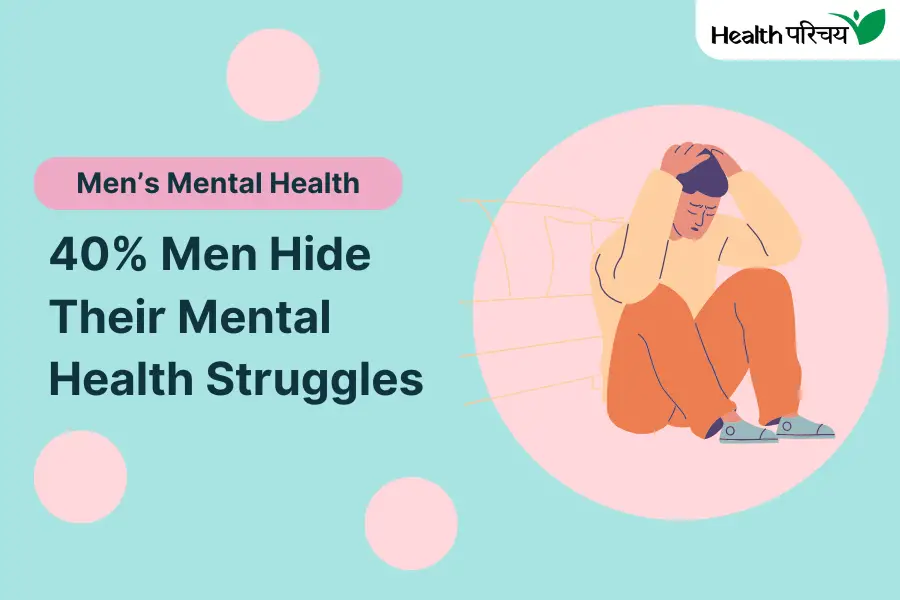On the occasion of International Men’s Health, leading mental health professionals shed light on this alarming issue and offer solutions to encourage open conversations about mental well-being.
Mental health is a growing concern, yet many men continue to suffer in silence. Experts reveal that 40% of Indian men hesitate to discuss their mental health issues due to fear of stigma and societal judgment. This reluctance contributes to a staggering statistic: men are 2.5 times more likely to die by suicide than women.
Why Do Men Avoid Talking About Mental Health?
Dr. Shyam Bhat, President of Live Love Laugh Foundation, explains that the reluctance among men to express their emotional struggles stems from cultural conditioning and stigma. “There’s a prevalent misconception that men should handle their emotions independently and not seek help,” says Dr. Bhat.
Additionally, Dr. Sameer Kumar Praharaj, Head of Psychiatry at Kasturba Medical College, notes that men often suppress their emotions to align with societal expectations of masculinity. “Expressing vulnerability or asking for help is often seen as a sign of weakness, which discourages men from opening up,” he adds.
How Mental Health Struggles Manifest in Men
Mental health challenges present differently in men and women.
- In Men: Depression often manifests as anger, irritability, or aggression rather than sadness. Many men also turn to substance abuse as a coping mechanism, leading to social withdrawal and increased risk of suicide.
- In Women: Feelings of sadness and helplessness are more commonly observed.
Breaking the Silence: The Need for Awareness
Experts emphasize the importance of breaking the stigma surrounding mental health and encourage men to seek support without fear of judgment. Key recommendations include:
- Awareness Campaigns: Conduct public initiatives to debunk myths about mental disorders and promote acceptance.
- Education Programs: Teach men the importance of acknowledging their emotions and seeking professional help when needed.
- Healthy Habits: Advocate for physical exercise, mindfulness activities, and creative pursuits to improve mental health.
Rethinking Masculinity and Encouraging Support
Society’s perception of masculinity needs a paradigm shift. Health professionals call for redefining what it means to be “strong” and urge men to take their mental health seriously. Dr. Sameer emphasizes the importance of fostering environments where men feel safe discussing their struggles and seeking help when needed.
Conclusion
Men’s mental health is a critical but often overlooked aspect of overall well-being. Encouraging open conversations, challenging outdated stereotypes, and promoting mental health awareness can save lives.







Leave a Reply